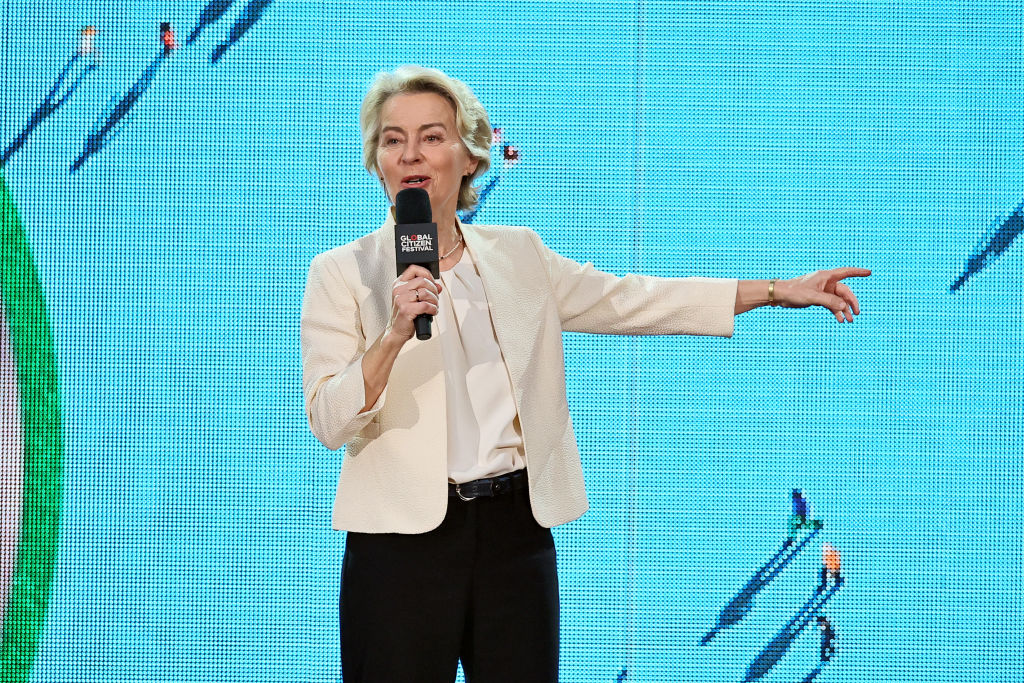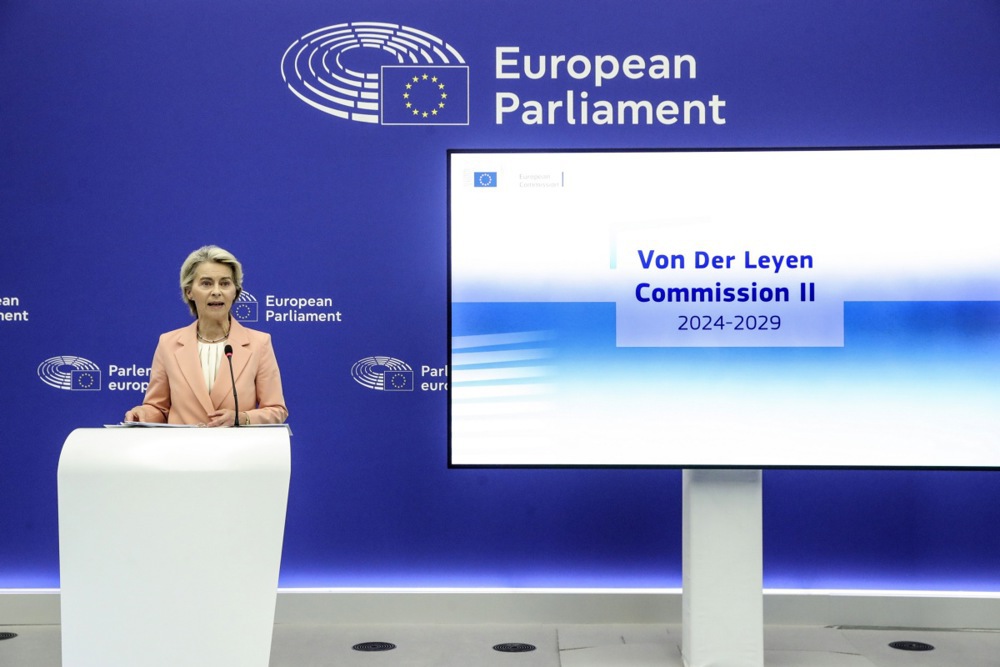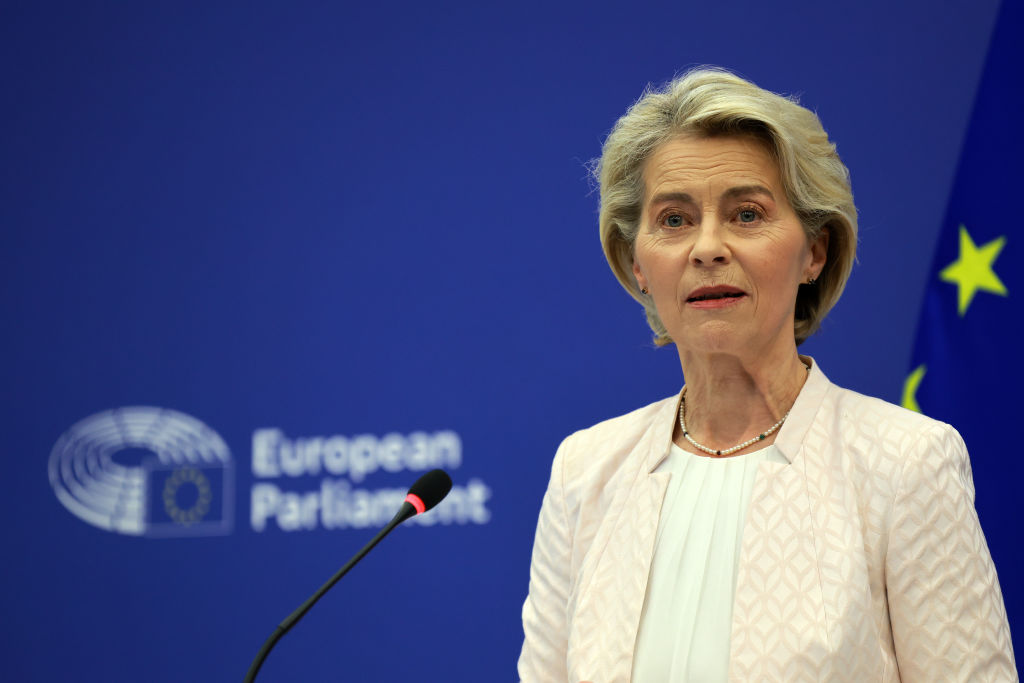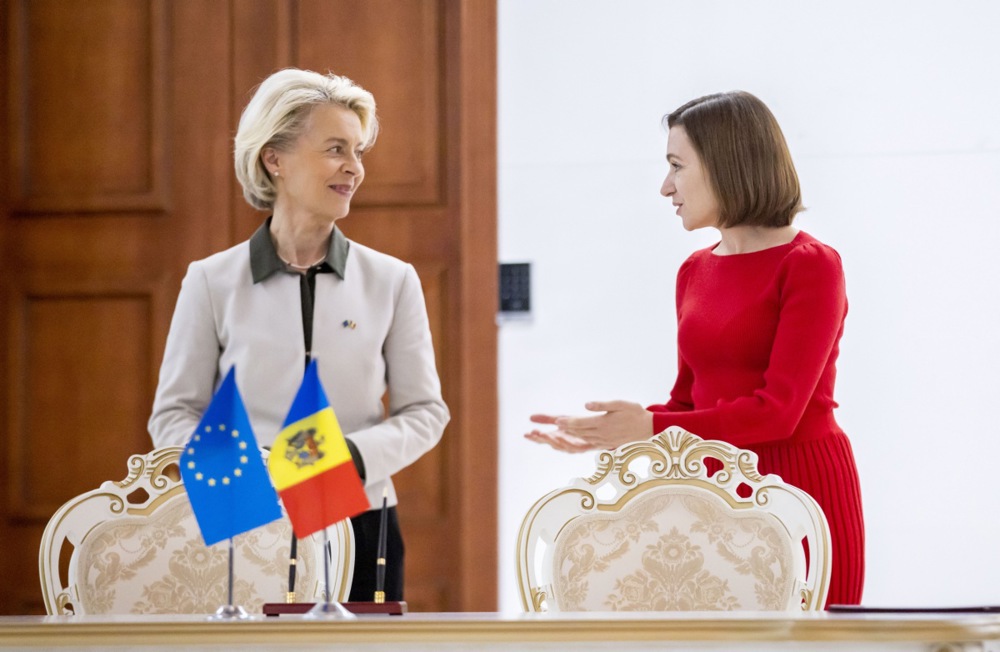European Commission President Ursula von der Leyen has outlined her vision for the European Union at the inauguration ceremony of the College of Europe campus in Albania’s capital Tirana, calling her vision “Nationalism versus Europeanism”.
In her speech on October 23, von der Leyen stated that nationalism had no role in the journey toward a Federal Europe.
“Today, the wind of change is blowing again, here in the Western Balkans, as well as in Ukraine, Moldova and Georgia and across our continent. But there are also other winds that blow in the opposite direction, towards division, nationalism and suppression,” she said, referring to Russia’s invasion of Ukraine and alleged foreign interference in Moldova’s slim “yes” majority in the EU referendum on October 21.
She also warned that Europe faced opposition and nationalist forces trying to break down the EU.
“Russia has invaded Ukraine precisely for Ukraine’s desire to join our Union,” she asserted.
For the 66-year-old German politician, there were forces that “are constantly at work to destabilise the countries who make the choice of Europe.”
Addressing the students in the assembly, the commission president aimed to foster a sense of European identity.
“The history of Europe is not only written in the great halls of Summits and Treaties. But also in the classrooms, where a new generation of Europeans is born. And the next chapter is for you to write,” she said.
Von der Leyen also intimated that the EU was more than ready to have the Western Balkans within the bloc.
“The Western Balkans can contribute so much to our Union’s future. And our Union can contribute so much to this region’s future, too. So let us make it happen. It is time to move forward at maximum speed,” she said.
The EU’s eastward expansion has mainly been due to geopolitical reasons, with the EU aiming to expand to Russia’s western borders.
“Once again, we are at a watershed moment for Europe. And once again, our family is preparing for a reunification. It could bring together all the people living between the Adriatic and the Black Sea,” von der Leyen said.
The enlargement of the European Union is now both a “moral duty” and a “geopolitical necessity”, a senior Brussels bureaucrat has claimed. https://t.co/v2A8XvsoXQ
— Brussels Signal (@brusselssignal) October 8, 2024





